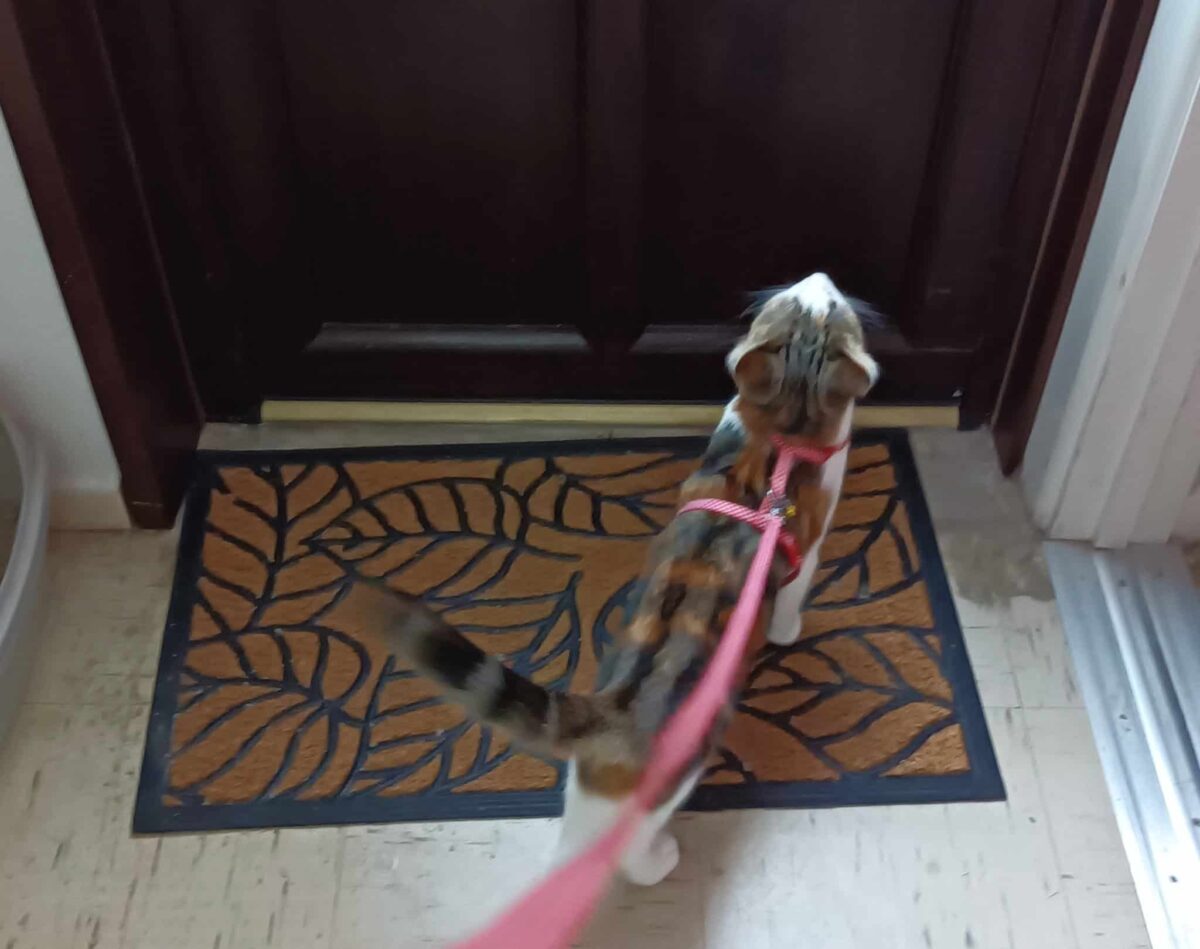One of the hardest things you can do whilst caring for a loved one with dementia is sharing news of a family death. How do you find the right words, navigating loss with a loved one with dementia. It’s such a tough decision to make whether to tell the truth or protect them from such sad news that can only cause sorrow whilst also juggling your own emotions dealing with grief and guilt.
In today’s blog, I share my reflections on whether to discuss loss with a loved one with dementia, the uncertainty & weighing up what the right thing to do is.

Losing a Sister
Last week, my mum’s only sister died, my aunt who I hadn’t seen in a long time. It was sudden and unexpected. To get the news on Monday morning was a shock and worse that I had to be the person who shared the news with my siblings as well as decide whether to share the news with mum. I didn’t know how upset mum would be. It was hard emotionally dealing with the grief and anxiety of telling her. The thought of causing more confusion and distress weighed down on me.
To Tell or Not to Tell
Is it OK to lie or to withhold information? Is it right to do that? I know the argument that you shouldn’t lie. It’s best to be truthful. We’re all raised with that in mind to never lie, that it’s wrong. But what happens when someone has late-stage dementia? Do you hide the truth to avoid upsetting them, or obscure the truth a little to protect them? It’s a delicate balancing act on whether to share the news and cause distress or to withhold and trample on their right to know.
Coping with guilt
There’s also guilt for even thinking of withholding this information. Holding onto a secret carries a heavy burden, and to be honest, you cannot keep something like this a secret. Every decision I make as a caregiver is in mum’s best interest, but there’s always guilt involved even when it is for her emotional or physical well-being. I explain most things to her before we do them, but comprehension is fleeting, or mum just agrees. But this is different.
Therapeutic Fibbing
Therapeutic fibbing is a strategy used in dementia caregiving. It’s a way of telling a white lie, or part of the truth, or redirecting altogether to avoid causing distress or confusion or scaring the person you care for.
For example, if someone with dementia repeatedly asks about going home, you might say the car is in the garage so we’ll stay here tonight (if you’ve exhausted all the possible underlying reasons that could cause the repetition) or you can redirect by asking what their home is like, are they hungry etc so the focus moves away from going home to something else?
Withholding information, lying by omission, is part of that. Is it right to do that to protect their well-being? Is it fair to make that decision for them?
I know the question of telling white lies will rub some people up the wrong way and you will disagree with me. But I’ll be honest, I use them like the example above, but this was different. I hadn’t encountered this situation before, the death of a direct family member. Mum was close to her sister, but they hadn’t seen each other since they diagnosed mum with dementia as she lived abroad. She was always in mum’s thoughts and regularly came up in conversation.
Not Quite What We Expected!
There’s no crystal ball on how she would react. We can guess but not know. What I know is that mum would want to be told, however hard that might be. I felt she should be told, however horrible that might be, she deserved to know.
But on that day, my estranged sister had plans to be with Mum. In the end, the burden didn’t fall on me. My brother took the responsibility to tell mum.
He told her, but Mum didn’t react at all. She didn’t seem to register it at all and continued with what she was doing. We didn’t see the reaction we expected, and there was concern that it might be delayed.
It’s been almost a week now and mum hasn’t talked about it or shown any signs of grief. So all that concern was for nothing.
Closing Thoughts
There isn’t one answer to the right thing to do on sharing upsetting news. Different people have their beliefs on whether to use white lies or not. I want to highlight the importance of not being pressured into doing something you don’t believe in simply because it’s what others are doing. You know your loved one best, make the decision together with family or get professional support or advice. Remember that everything we do is with kindness, empathy and to maintain our loved one’s emotional well-being.
So have those conversations together as family, before any type of illness befalls you, do your advance planning and let your loved ones know your wishes.
Each caregiver journey is unique, and there’s no one-size-fits-all solution. You never know all your worries might have been for nothing like ours were, whatever the case I’m sorry for your loss, and hope this blog helps.
Til next week, here’s Kikki desperate to get out.


